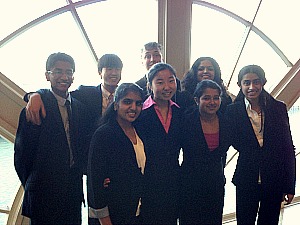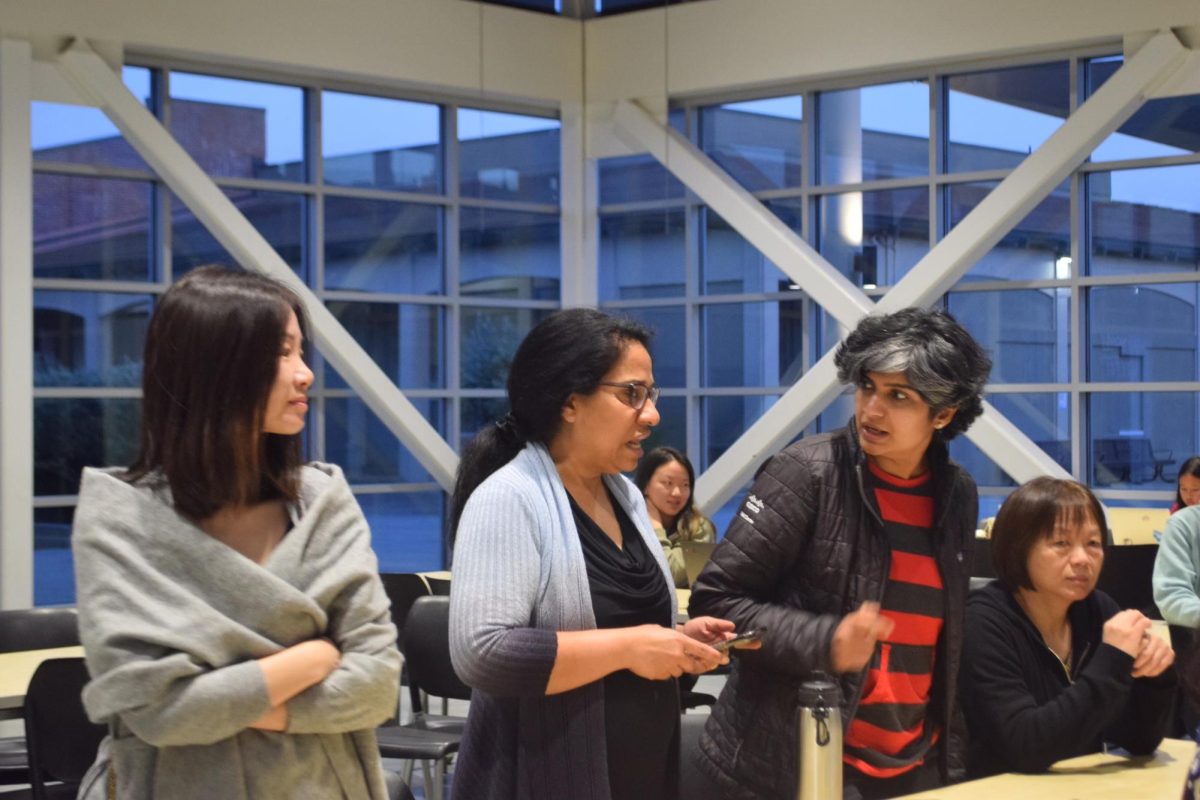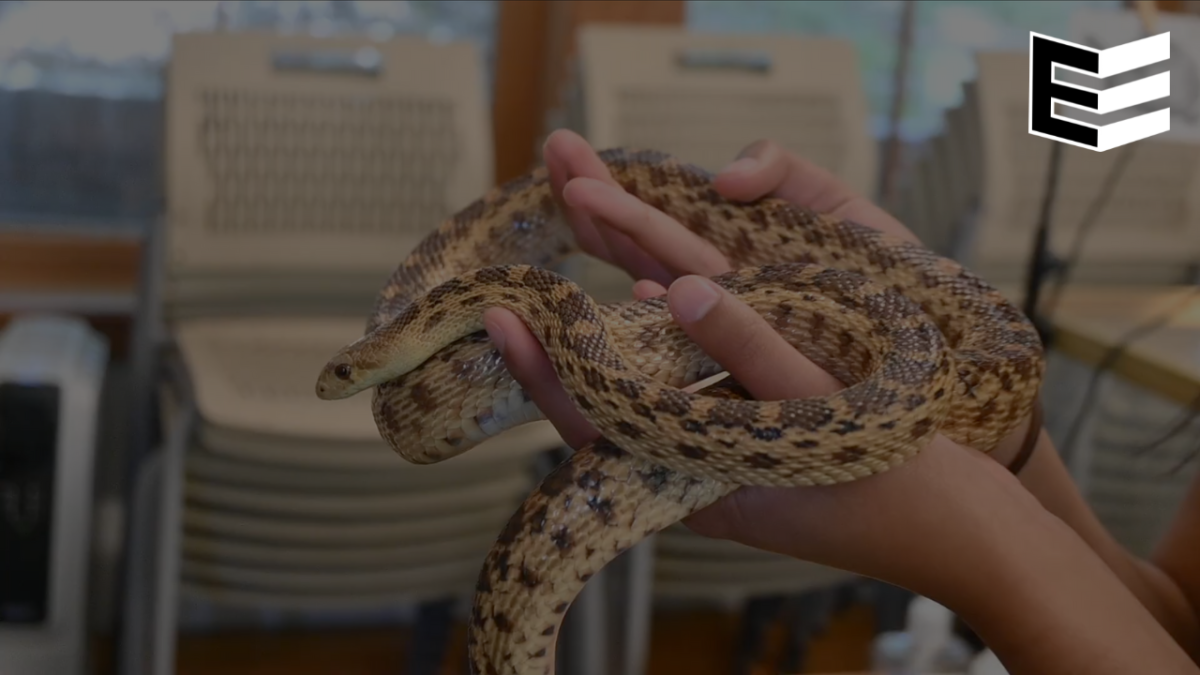The 2012-2013 academic year was nothing short of a golden year for the MVHS Mock Trial team. On Feb. 28, 2013, the team stood as a top contender in the Santa Clara County Mock Trial Finals held at the San Jose Superior Court. Despite strong performances from veteran team members, however, the team fell short to Willow Glen High School in the county finals.
Although the team has lost seven veterans who graduated last year, and retained only one returning member due to members’ varying priorities, recruitment efforts by current members have yielded new student interest. The team currently has 11 active members. With a majority of inexperienced, but ambitious members, MVMT is now in the process of building its team for the upcoming competition season.
According to coach Alex Friedman, the success of last year’s team is not a factor of comparison between the capabilities of the two teams. Although it is true that this year’s team could have benefited from last year’s experienced and seasoned veteran members, Friedman believes that the young members will forge their own path to success.
“They have a lot to prove – and I think that’s an advantage,” Friedman said. “The team is definitely smaller than last year, but these kids are very bright, very smart.”
Friedman explained that MVMT requires students who are not only dedicated and committed, but who also can maintain a healthy balance between academics, extracurriculars and social interaction. Leading up to the competition season and interdistrict scrimmages against other school teams, members find themselves investing a minimum of four hours at practice sessions during the week. At MVHS, where many students take up multiple extracurriculars, the balancing act requires meticulous planning.
“We meet every Tuesday and Thursday for two hours to go over cross examinations and direct examinations, closing statements and opening statements,” vice president junior Harshitha Sriraman said. “It’s a very vigorous approach.”
At the same time, however, Sriraman believes that the investment is worth it, because it is during this time that the team’s three coaches impart their knowledge on the members. Over the course of two-hour sessions every week, Friedman and his co-coaches Jim Torre and Jill Blake-Burke focus on improving the team’s courtroom presentation. According to sophomore Jason Lu, a new recruit on the team, a court trial requires different communication and presentation skills that must be consciously cultivated.
“Our team is very capable, but we new recruits need to develop our skills,” Lu said. “We need to think first, and then deliver … We need our coaches’ advice to improve.”
After spending the past six months with the team, Friedman has identified the team’s biggest area for improvement: effective communication. Friedman hopes that he will be able to teach the team members to communicate with language and vocabulary that is most appropriate for court. However, setting a guideline is difficult because in court, lawyers must communicate differently with people depending on whether they are a witness, a member of the jury or the judge.
Additionally, “effective communication” encompasses body language in conjunction with verbal interaction. Friedman believes that it’s crucial for the young members to remain vigilant and take note of the subtle nuances in communication in a court setting.
“The expectation is to work hard and try their best,” Friedman said. “They are aware they are still growing, so the success will come depending on how badly they want it.”














